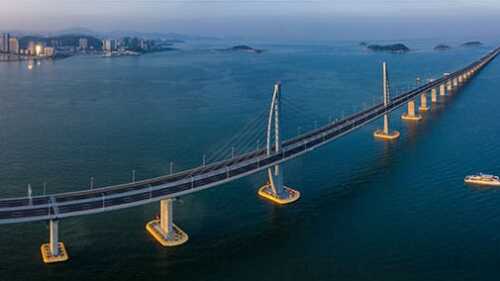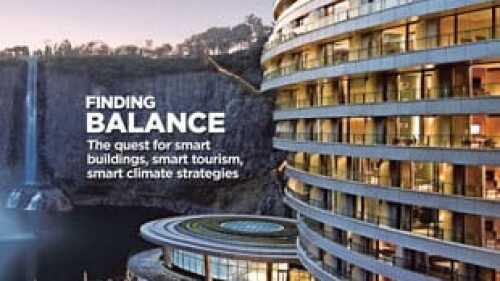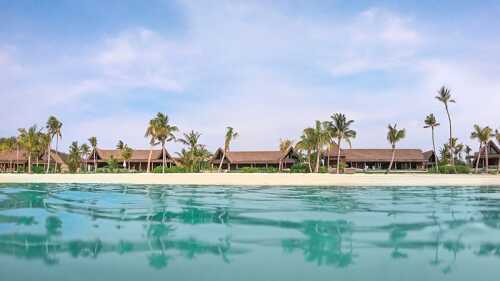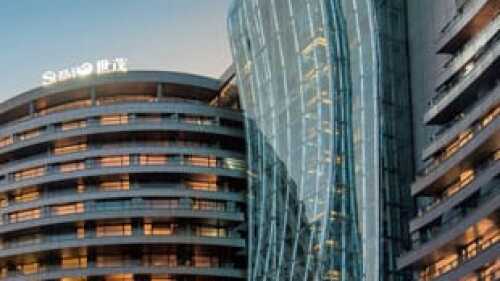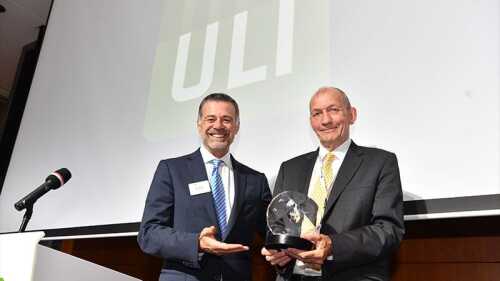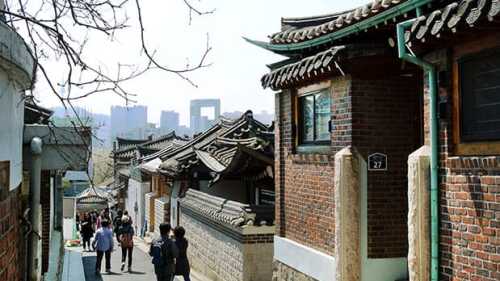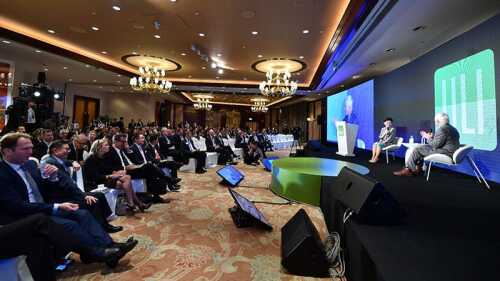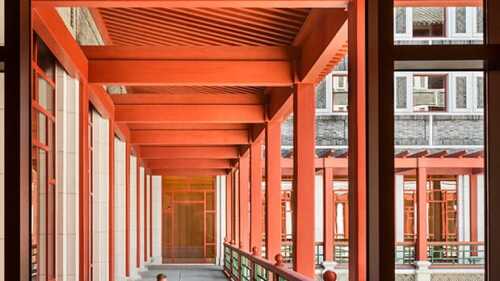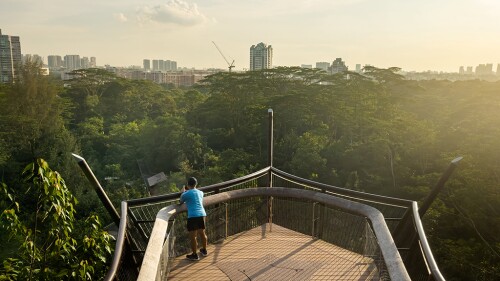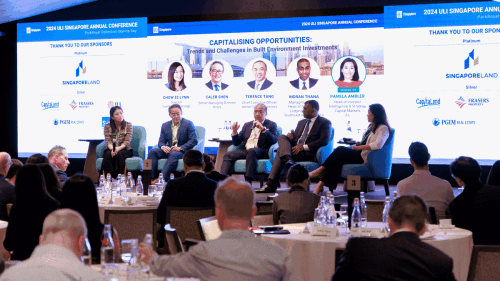Asia Pacific
The ambitious development plan promises great rewards, but faces multiple challenges in integrating diverse communities.
The cover package for the 2019 Asia Pacific special issue is titled “Finding Balance: The quest for smart buildings, smart tourism, and smart climate strategies.” Other topics include “South Korea: Heritage at Jeonju Hanok Village,” “ China: Intercontinental Shanghai Wonderland Hotel,” “Thailand: Dealing with Bangkok’s Climate Challenge,"and “Interview: Chairman Nicholas Brooke.” This special issue will be available at the ULI Asia Pacific conference in Shanghai and mailed to ULI members in Asia.
As global tourism spreads to more remote locations, deliberate measures can create positive outcomes for the environment—and local cultures.
The InterContinental Shanghai Wonderland Hotel in China’s Songjiang District, near Shanghai, appears modest when approached from ground level because only two storeys project above ground and green roofs help them blend into the surrounding greenery. But when guests step inside, they see the dramatic construction, attached to the rock like a hanging garden.
Nicholas Brooke, an acclaimed authority on land administration and planning matters, and one of Hong Kong’s most widely recognized champions of innovation and technology, has received dual recognition from ULI in being selected as the new chairman of the Asia Pacific region and the first ULI Life Trustee from Asia Pacific.
Hong Kong’s former chief executive, C.Y. Leung, now a member of the National Committee of the Chinese People’s Political Consultative Conference, an important political advisory body, said the development of the broader region could be a significant driver of growth and relieve stress on the core market for new construction.
Seoul’s Bukchon Hanok Village is a 600-year-old traditional settlement located in the southern part of the city that was once home to the aristocratic families of Korea’s Joseon dynasty. Although many of the area’s historic hanok homes have disappeared over the centuries, rebuilding work during the 1930s ensured some 1,200 traditional homes still exist in the area.
If smart cities are to serve their populations, the human element must remain crucial for their designers and developers, attendees at the 2018 ULI Asia Pacific Summit were told. A panel of developers, designers, and planners mulled over the development of the smart city in Asia during the summit, held in Hong Kong.
Hong Kong’s land supply problem is not attributable to a lack of money, but rather is an issue of finding the physical space for development, as well as a matter of perception, said the chief executive of the Hong Kong SAR, speaking at a ULI event.
Blackstone Group’s Stephen Schwarzman built a Rhodes Scholarship–type programme at Tsinghua University.
Singapore
A seminar organized by the ULI Singapore NEXT Committee presented attendees with the little-known concept of real estate “tokenization,” or fractional investing/trading, as a potential bridge between private investors and direct ownership. Although not new, tokenization in real estate is a niche market, particularly in Asia Pacific, with Singapore hosting a small number of the specialized digital platforms.
Once the site of an abandoned quarry, Singapore’s Rifle Range Nature Park now serves as a buffer zone protecting one of the island nation’s last primary rainforests, Bukit Timah Nature Reserve, from encroaching development and human activity. Located to the reserve’s south, Rifle Range is Singapore’s first net-positive energy nature park, harvesting more energy than its annual operational requirements.
Fourteen developments from across Asia have been named winners of the 2025 ULI Asia Pacific Awards for Excellence, one of the real estate industry’s most prestigious honors. Announced at the 2025 ULI Asia Pacific Summit held in May in Hong Kong, this year’s award winners include projects in Australia, Bangladesh, China, India, Japan, the Philippines, and Singapore.
Hong Kong
At the 2025 ULI Asia Pacific Summit—May 26–29, in Hong Kong—a panel of Asian economic and geopolitical experts addressed one of today’s most immediate global concerns: the implications of U.S.–China economic decoupling and the broader geopolitical shifts reshaping global trade and investment.
The creation of public space from unused, underused, or unequally shared linear spaces in urban areas has been happening for a long time. Major reference points in the architectural and planning worlds are Boston’s Emerald Necklace, designed by Frederick Law Olmsted (1878–1896); Freeway Park in Seattle (1972-1976); the Baltimore Inner Harbor (1963–1983); the Promenade Plantée in Paris (1987-1994); and the High Line in New York (2005–2019).
Although market dynamics are changing in countries across Asia, new opportunities are opening up in real estate investment

